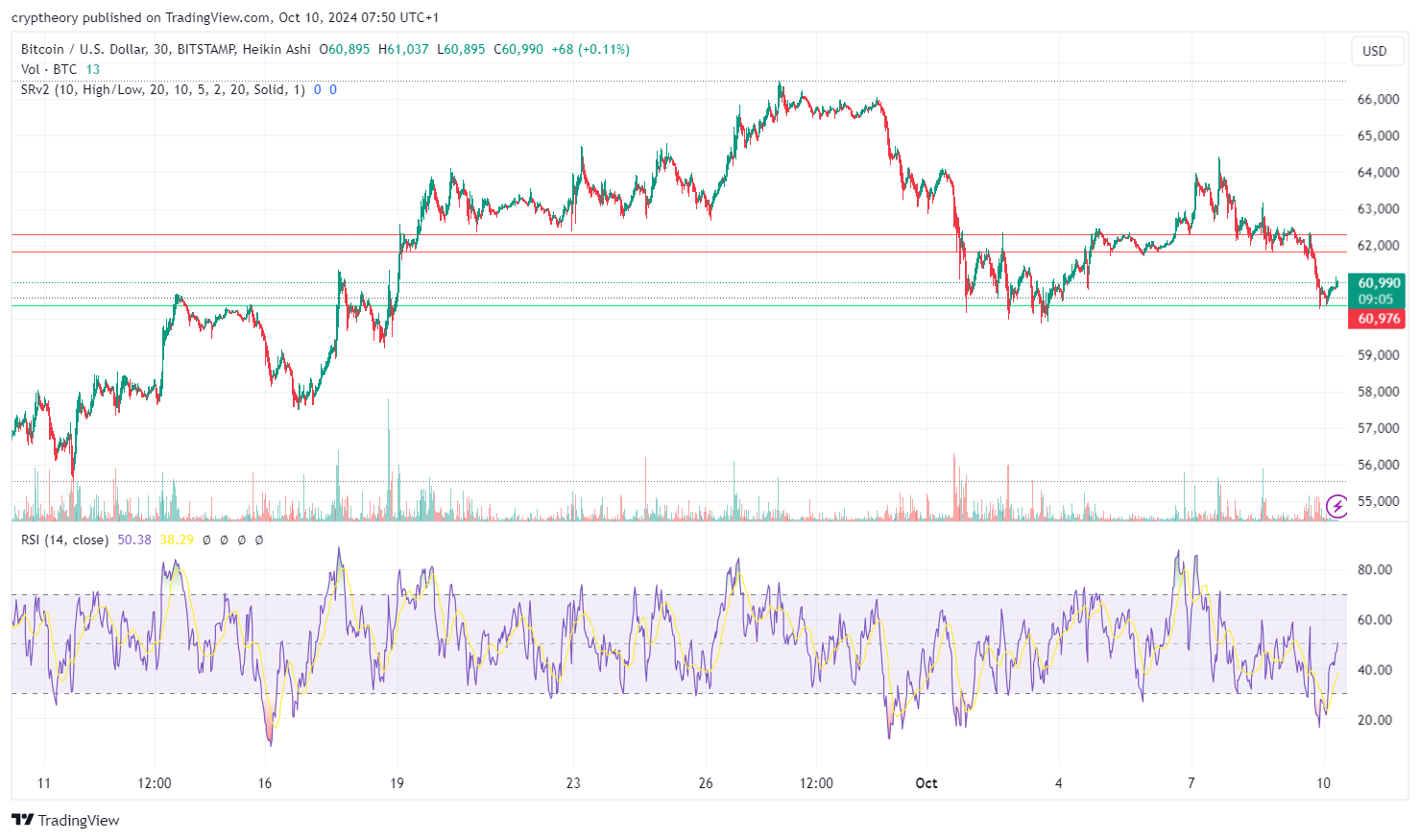Since 2017, mobile providers have been banned from charging UK customers for using their allowance of minutes, texts and data when travelling in the European Union – but this might change from next year.
The transition period following the UK leaving the EU is due to finish on 31 December 2020, meaning that roaming charges may be reintroduced in Europe from that date, depending on the decision of individual operators.
Here’s everything you need to know about how the cost for data roaming could change post-Brexit.
What are roaming charges?
Roaming charges were the fees paid by customers for using their mobile phone abroad. Many holidaymakers faced shocking bills when they returned home, totalling thousands of pounds in some cases.
Under a new law introduced in 2017, all mobile operators in the UK were no longer allowed to charge for international data roaming in Europe. The same rule also applied to EU citizens visiting the UK.
Until 31 December, the UK is still following the EU’s rules, which means that you can use your mobile device as you usually would without being charged more than if you were in the UK.
What happens after the transition period?
According to the Government’s current guidance, surcharge-free roaming throughout the EU, Iceland, Liechtenstein and Norway cannot be guaranteed from 1 January 2021.
The Government is advising consumers to check with their phone operator to find out about future roaming charges.

However, a new law means travellers are protected from getting suprise mobile data charges above £45. After reaching the £45 limit people will need to opt in in order to data roam in the EU.
The Government has also introduced measures to make sure consumers are aware of their data usage by receiving alerts when they are at 80 per cent and 100 per cent of their data usage limit.
What have mobile networks said so far?
It will be down to each network to decide how they proceed – just because they could be allowed to reintroduce roaming charges doesn’t mean that they necessarily will.

Read More
Free mobile roaming charges must be considered in future overseas trade deals, Which? urges
At the moment, all four major networks (EE, O2, Vodafone and Three) have said they have no current plans to charge their customers under the old roaming structure.
Consumer group Which? is calling for the UK Government to consider roaming charges in future trade deals with the US, Australia and New Zealand, as well as reaching an agreement with the EU to prevent the reintroduction of roaming.






















